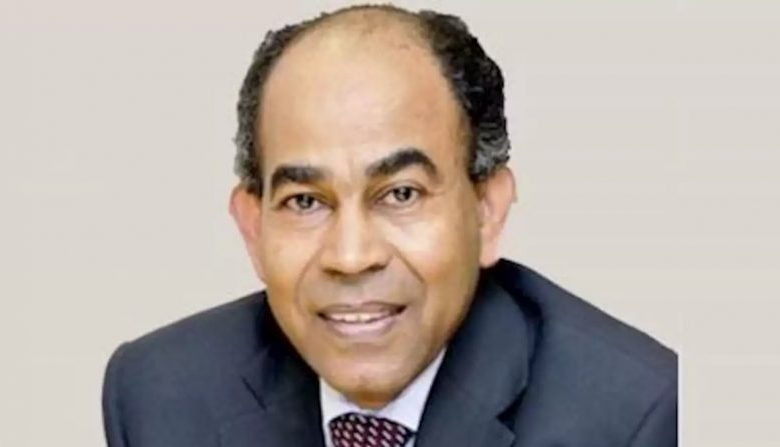Sudan… What Comes After the “Amended Document”?

By: Othman Mirghani
The ongoing war in Sudan is a temporary phase that will end sooner or later, and most likely sooner, given the indicators from the battlefield and the significant shift in favor of the army and its allies. This inevitably means that focus must shift toward arrangements for governance during the transitional period, which will oversee reconstruction efforts and lead the country toward the promised elections.
It seems that the military leadership now believes that the developments on the ground allow for the initiation of political arrangements for the next phase, while also addressing the question of legitimacy that has persisted since the collapse of the transitional period and the coup of October 25, 2021. In this context, the Constitutional Document (Amendment 2025), which was approved this week in a joint meeting of the Sovereign Council and the Council of Ministers, should be understood. The document immediately sparked widespread debate upon its publication.
Many have questioned whether the government needed to open this file at this time, knowing full well that it would be controversial. It could have continued governing without delving into the contentious issue of amending the constitutional document amid the ongoing war. Alternatively, it could have reinstated the 2005 Constitution as a temporary measure until elections were held, allowing an elected legislative council and government to settle the constitutional issue. However, the government chose to amend the constitutional document, likely due to mounting pressure regarding legitimacy, particularly from opponents of the military who have challenged the current government’s legitimacy. Some of these opponents have even aligned themselves with the parallel “Rapid Support Forces government,” which, despite attempts to inflate its significance, remains little more than a media stunt to boost morale following a series of military defeats.
Regardless of the options available for managing the next phase, the government could not have avoided controversy in an already politically charged environment. The intense polarization that has dominated Sudan’s political landscape since the previous transitional period has only worsened with the war. In any case, the amended constitutional document remains a temporary measure until elections are held to resolve the legitimacy issue and transition the country out of endless transitional phases filled with disputes and instability. At a time when Sudanese citizens desperately need stability and a return to normalcy, this step aims to pave the way for rebuilding what has been systematically destroyed during the war.
The war has created a new reality and brought profound changes in the way Sudanese people think and prioritize their concerns. Their primary concern is to see the war end as soon as possible, return to their homes, resume normal life, rebuild their houses, reopen schools and hospitals, and regain a sense of security and stability. Increasingly, people are expressing a desire to avoid the tensions and political conflicts that defined the previous transitional period and led to war. Many believe that, under the current circumstances, the army should remain in power to complete the war effort and oversee a technocratic civilian government free from political disputes.
The war has also bolstered the army’s popularity, evident in the widespread chants of “One Army, One People” during celebrations of military victories. Every time the army retakes an area and expels the Rapid Support Forces, public support grows. While some may not like this reality, it cannot be ignored. It is this widespread support that has enabled the government, led by General Abdel Fattah al-Burhan, to take the controversial step of amending the constitutional document. This will be followed by the formation of a civilian technocratic government, expected to be announced in conjunction with the full liberation of Khartoum.
Where Are Things Headed?
The military leadership has repeatedly stated that it does not seek to govern Sudan permanently and is willing to step aside once the war ends and the transitional period is arranged, leading to elections where the people can choose their leaders. This claim will soon be put to the test. The way in which the transitional period is managed will reveal whether the military is preparing for an orderly transfer of power or consolidating its control.
Sudan desperately needs a consensus-based national project that avoids the pitfalls of the past, addresses governance issues and the country’s chronic identity debates, defines the system of government, and lays the foundation for a constitution. This constitution should later be presented to an elected legislative council and approved through a popular referendum to safeguard it from political fluctuations and personal ambitions.
To achieve this, it is in the best interest of the country—and all political factions—that the government initiates a comprehensive dialogue among political and civil forces without excluding any party. This is the only viable path toward national recovery, preparing the country for the heavy burden of post-war reconstruction, and establishing a stable, democratic system of governance. Failing to do so would mean emerging from this devastating war empty-handed, having learned nothing from its harsh lessons.
Source: Asharq Al-Awsat



